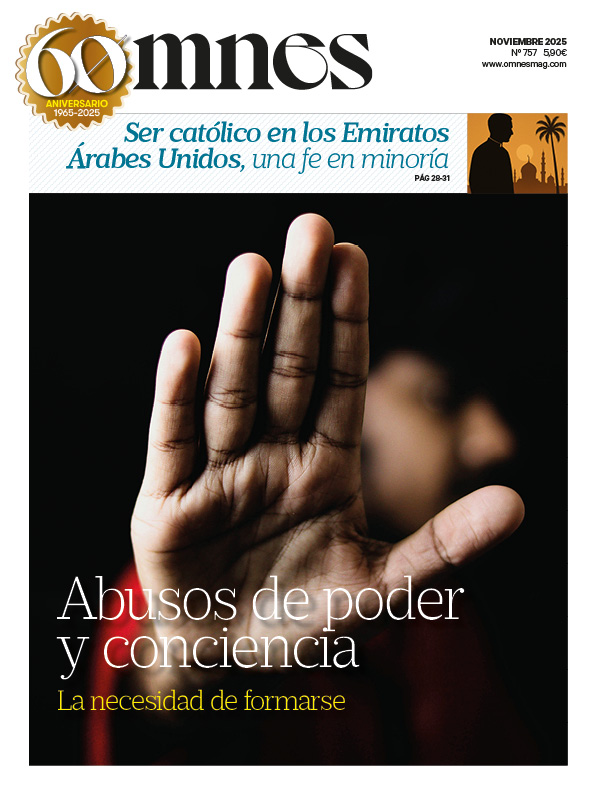In the Church there is a reality, perhaps still little known, which is growing steadily in the world: that of the diaconate. "In recent years there are more than 48,000 deacons present in all continents and their number is increasing. For example, from 2018 to 2019 they grew by 1,000. A true gift of the Holy Spirit," says Enzo Petrolino, 73, permanent deacon and president of the Diaconate Community in Italy.
But who are the deacons? To this question, Enzo Petrolino, who is also a husband and happy father of three children, answers by reweaving the thread of history: "To understand them well, we must start from the Acts of the Apostles, in which the evangelist Luke tells us about the institution of the first seven deacons, who were chosen to respond to a need of the first Christian communities: to care for the widows of the Hellenes, who had previously been abandoned. The deacons, in essence, were born to serve".
Is diakonia, which in Greek means service, reserved for someone in particular?
- It is a vocation that concerns all the baptized and can be considered the heart of the Church's mission, because Jesus himself said: "I did not come to be served but to serve", to be a deacon of the Father. History teaches us that deacons then disappeared for 1,500 years and only the Vatican Council IIThe Dogmatic Constitution Lumen Gentium reintroduced in the Church this figure, called not to ministry but to service.
What is the importance of the diaconate in the Church today?
- The actuality is found in the Magisterium of Pope Francis. The Holy Father, since the beginning of his pontificate, has said that he wants a poor Church for the poor and for this reason it must be diaconal, outgoing: attentive to the last and to the peripheries, not only physical but also existential.
What are the areas of competence of deacons?
- The areas of competence cover various fronts: there are deacons who work in local Caritas or in the pastoral care of health; there are those who work in prisons or those who dedicate themselves to the service of the liturgy and evangelization. Another important front is that of the family: here deacons have more opportunities to help because 98% of them are married.
What is the trend in diaconal vocations compared to priestly vocations?
- Unfortunately, in Western countries priestly vocations are decreasing, while there continues to be a sharp decline in the number of seminarians, the greatest number of whom are in Asia, Africa and America: Europe is at the bottom of the list. It is different in the case of diaconal vocations, which are growing steadily in all countries of the world. The greatest number of deacons is to be found in the United States, Brazil and Italy, third in the world, but first in Europe.
The role of wives in the diaconal vocational journey is fundamental: if the wife of an aspiring married deacon does not agree, the husband cannot be ordained. How do wives participate in this journey?
- The involvement of the wives is an aspect on which our community is insisting a lot, trying to make the wives aware of what they will face once their husband becomes a deacon. We focus on their formation, parallel to that of the aspiring deacons.
What future do you envision for the diaconate in the world?
- I imagine it will be a very interesting future and it will be linked to an increasingly extroverted Church. The deacons will have to learn to be more synodal, walking together, facing the new needs of the world and the Church. Our challenge will be to avoid an acting diaconate that serves no purpose.








